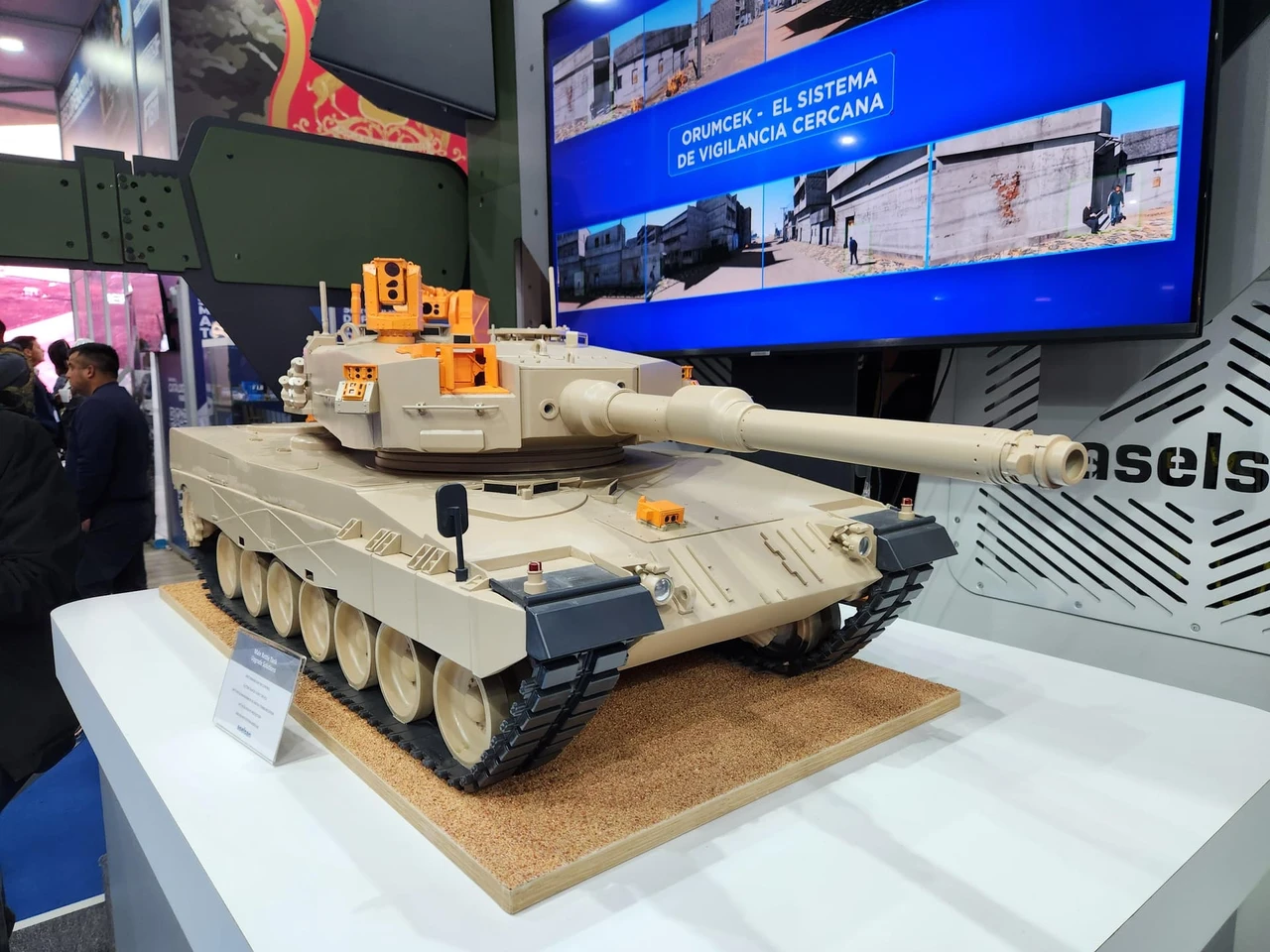Russian ambassador to Türkiye discusses Syria normalization efforts, Kursk
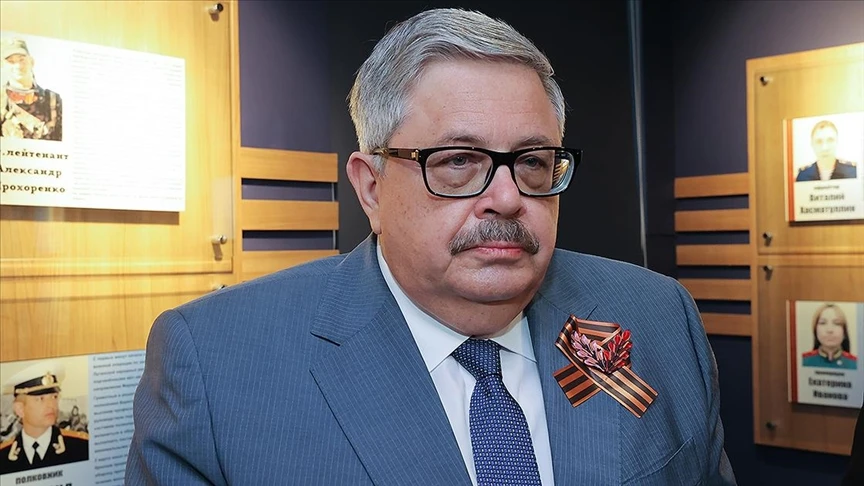 Russian Ambassador to Türkiye, Aleksey Yerhov. (AA Photo)
Russian Ambassador to Türkiye, Aleksey Yerhov. (AA Photo)
Russian Ambassador to Türkiye Aleksei Erkhov expressed concerns over Ukraine’s counteroffensive targeting the Kursk, where there’s a nuclear power plant, warning of the potential dangers for the region.
Speaking to Cumhuriyet, Erkhov stated that the strikes targeting nuclear power plants (NPPs) pose a significant risk, with the consequences potentially being far more severe than the Chernobyl disaster.
“Ukrainian drones and missiles are increasingly attacking the Kursk NPP. If they succeed in destroying it, Chernobyl would look like a walk in the park in comparison,” Erkhov said.
The ongoing conflict between Russia and Ukraine, which began with Russia’s invasion on Feb. 24, 2022, has seen devastating consequences for both military personnel and civilians, marking Europe’s largest conflict since World War II. As the war enters its third year, its global impact on the economy, energy policies, and other areas continues to grow.
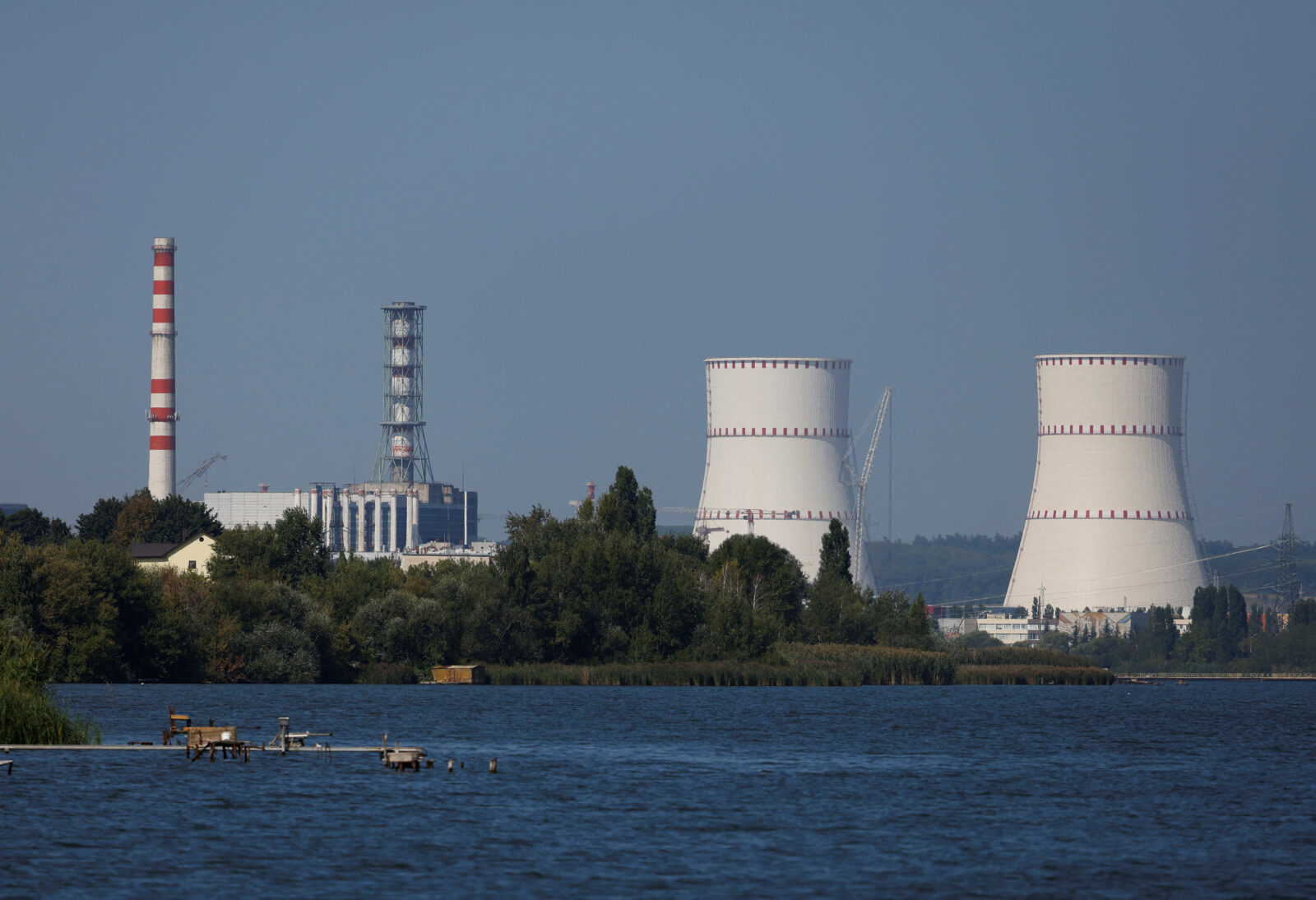
Relations between Türkiye and Syria
Erkhov also addressed the ongoing efforts to normalize relations between Türkiye and Syria. While specific details about an upcoming meeting were not provided, Erkhov confirmed that Russia would continue to support efforts aimed at stabilizing relations between the two countries.
“Russia has always worked to facilitate normalization between Türkiye and Syria, and we will continue to do so. The time for such talks has come,” Erkhov said, highlighting recent positive statements from both countries’ leaders.
Ukraine’s attack in Kursk and military impact
According to Erkhov, the Ukrainian attacks in Kursk aim to divert the Russian army from key battlegrounds in Donetsk and Lugansk. “Ukraine’s operations in Kursk are meant to distract the Russian military from the main frontlines. Ukrainian forces have attempted to penetrate Russian territory several times, but they were pushed back and stopped 10-20 kilometers from the border,” Erkhov explained.
Despite Ukraine’s efforts, Erkhov downplayed the significance of the Kursk offensive, asserting that the Russian army remains focused on its primary objectives.
“The Russian army continues to press forward on the main fronts. The Western narrative that Kyiv is opening a new front and approaching Moscow is far from the reality on the ground,” Erkhov said.
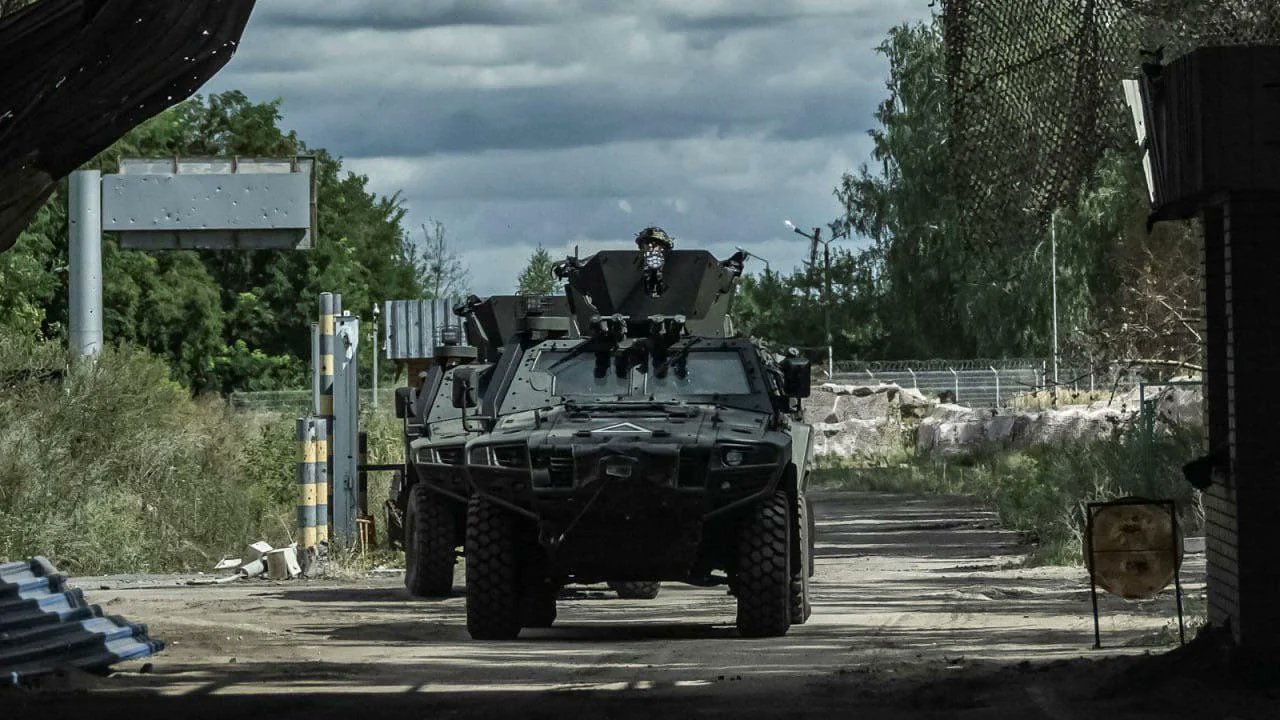
Energy disputes between Russia and Ukraine
The interview also touched on the energy dispute between Russia and Ukraine, specifically the future of the gas transit agreement between Gazprom and Ukraine’s Naftogaz. The current deal, which allows for the transit of 40 billion cubic meters of Russian gas through Ukraine to Europe, is set to expire in 2024. Ukraine’s government recently announced that the agreement will not be renewed.
Erkhov responded to the news by asserting Russia’s resilience in the energy sector. “Russia has and always will have, its own gas. We have been and will continue to be a reliable supplier of blue fuel,” he said. He also warned Europe against relying on Ukraine for energy security, stating, “Others should think twice about entrusting their energy security to the unpredictable Kyiv regime and its Western backers.”
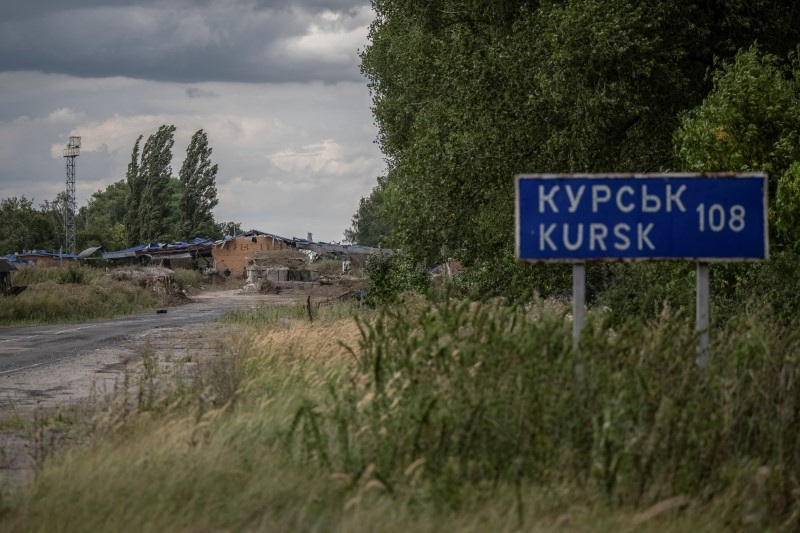
Russia’s position on peace talks and international forums
On the subject of future peace talks, Erkhov echoed the view of Turkish officials that any discussions or conferences aimed at ending the conflict would be meaningless without Russia’s participation. He criticized efforts to organize forums excluding Russia, such as those based on Ukraine’s “Zelenskyy formula,” describing them as a Western ultimatum to Moscow.
“Russian participation in any peace talks is crucial. However, we see ongoing attempts to organize international forums, based on ultimatums to Russia, without our involvement. This is not something we will participate in,” Erkhov stated.
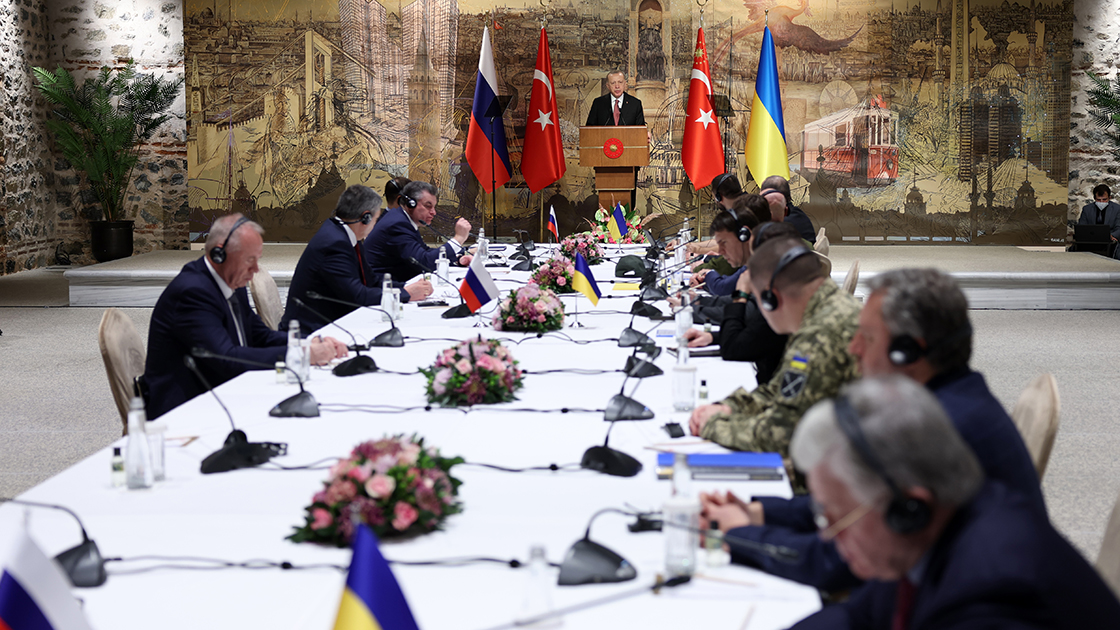
Ongoing war and conditions for peace
Regarding the ongoing war and potential for peace, Erkhov reaffirmed Russia’s stance that it will not surrender. “Military conflicts typically end with the defeat of one side, and Russia will not surrender under any formula, including the Zelenskyy formula,” he emphasized.
Erkhov referenced the Istanbul negotiations from 2022, facilitated by Türkiye, during which an agreement was nearly reached before external pressure allegedly prevented its finalization.
Incidents involving Russian drones in Eastern Europe
When asked about reports from Poland and Romania regarding airspace violations by Russian drones, Erkhov expressed warning Eastern European NATO members about the cost of participating in what he called a “proxy war” against Russia.


